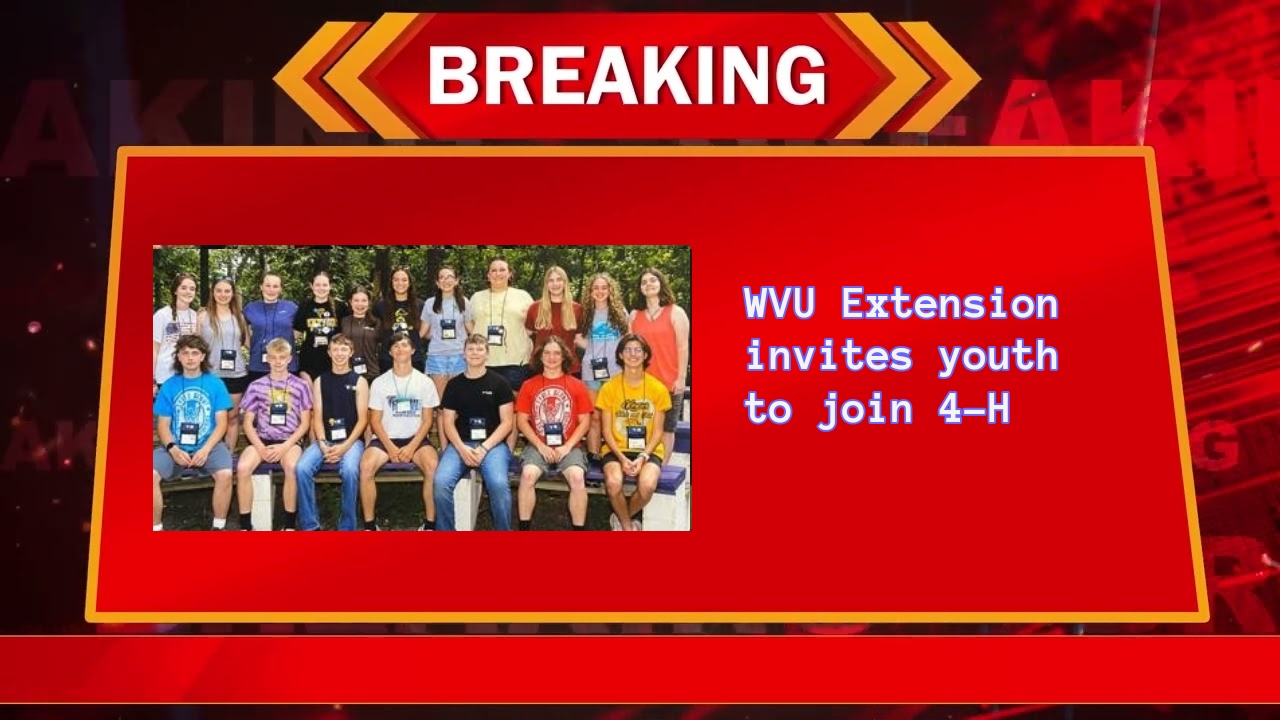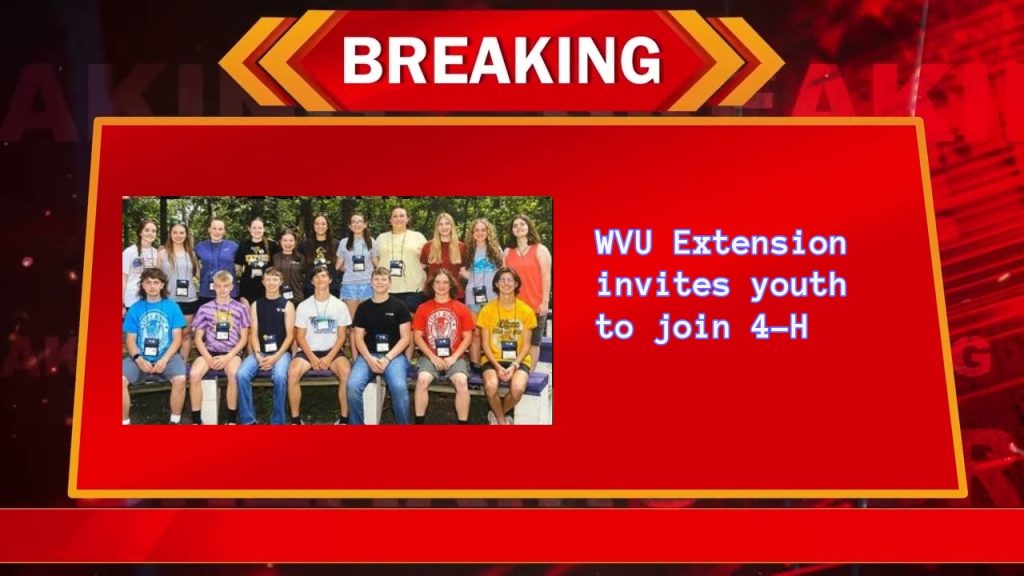KEYSER— During National 4-H Week, October 7–12, Mineral County youth in West Virginia have the chance to participate in 4-H and receive preparation for their future.
The event is organised nationally each year to encourage young people to join a local club where they will meet other adolescents, participate in important learning opportunities, serve their communities and enjoy the host of activities given by the nation’s largest youth development program. The topic for this year, Beyond Ready, encourages new members to discover how 4-H develops a generation that is prepared with the skills necessary for the future.
Increased self assurance
West Virginia 4-H is a free youth development program of West Virginia University Extension that reaches more than 32,314 young people each year through clubs, camps, schools and other specialized activities. Young people can develop in special circumstances and learn about a variety of activities and educational programs offered by faculty, staff, and volunteers.
Clubs that enrol youngsters in the Mineral County 4-H program also give them new experiences, valuable leadership training, and increased self-assurance. Community clubs and special interest clubs are the two categories of 4-H clubs. Community clubs organise social, promotional, volunteer, and fundraising events for their members at monthly meetings. Special interest groups concentrate on a certain subject. 
The 4-H Teen Leadership program, the robotics club, the sewing club, and the new air rifle shooting sports club are all offered by Mineral County 4-H. With permission from a parent or guardian, youths between the ages of 9 and 21 can participate in 4-H. A pre-4-H program called Cloverbuds is available for younger kids (ages 5 to 8), and it focusses more on enjoyable and social activities that lay the groundwork for future learning.
Expanding the field of agriculture and farming
Elderly participants might get involved in the local 4-H Teen Leader program. According to Margaret Miltenberger, the WVU Mineral County 4-H agent, “the 4-H program has a significant impact through 4-H projects, 4-H clubs, 4-H club officer roles, 4-H teen leadership opportunities, judging teams, and 4-H camping experiences.”
Positive youth development outcomes are made possible by these initiatives, in addition to the long-term benefits of civic participation, academic or professional success, employability, and employee happiness and well-being. The focus of 4-H activities has shifted from agriculture and farming to a wider range of subjects.
Children are also exposed to experiential learning opportunities in science, engineering, technology, citizenship, land judging, shooting sports, and healthy living. Members of the club may also receive information about options for higher education and be qualified for scholarships offered by WVU Extension.

